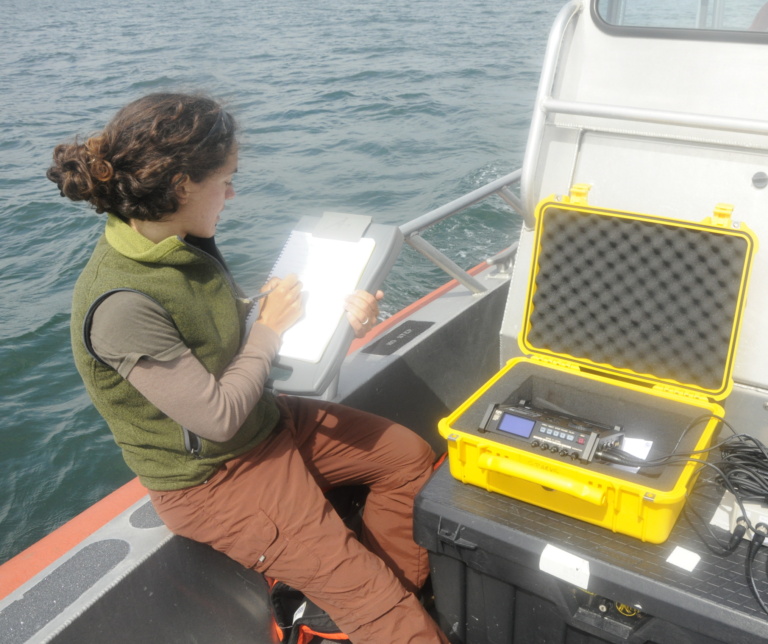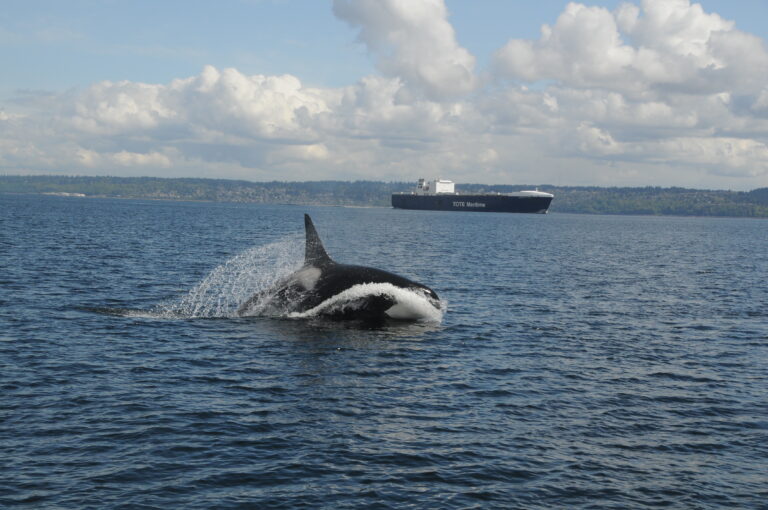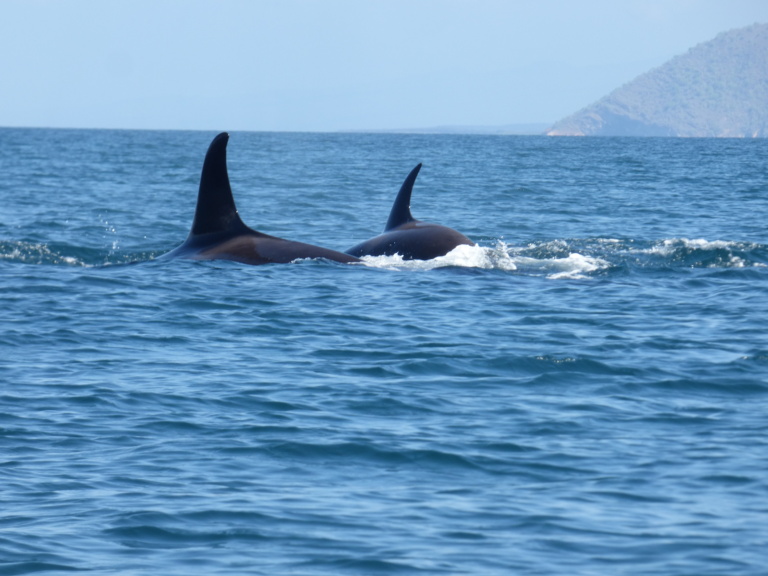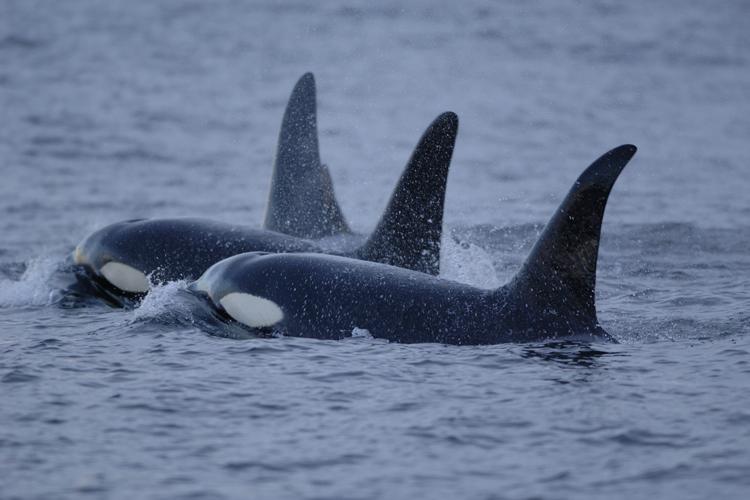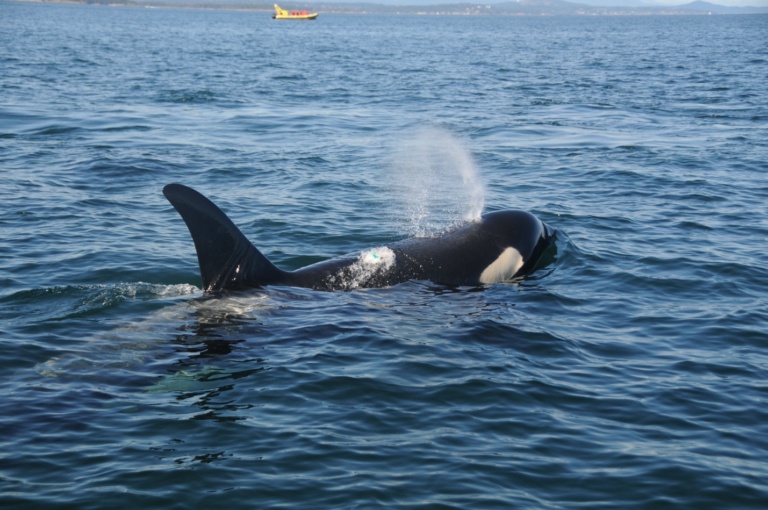Dr. Tennessen attends SRKW workshop
Written by Dr. Jennifer Tennessen In early March, Dr. Jennifer Tennessen participated in a 3-day expert workshop on Southern Resident killer whale biology and conservation in Vancouver, British Columbia. The workshop was motivated by the increasingly dire situation facing this endangered population of orcas, which spends a large part of the year in the inland waters around Seattle and Vancouver. […]
Dr. Tennessen attends SRKW workshop Read More »
